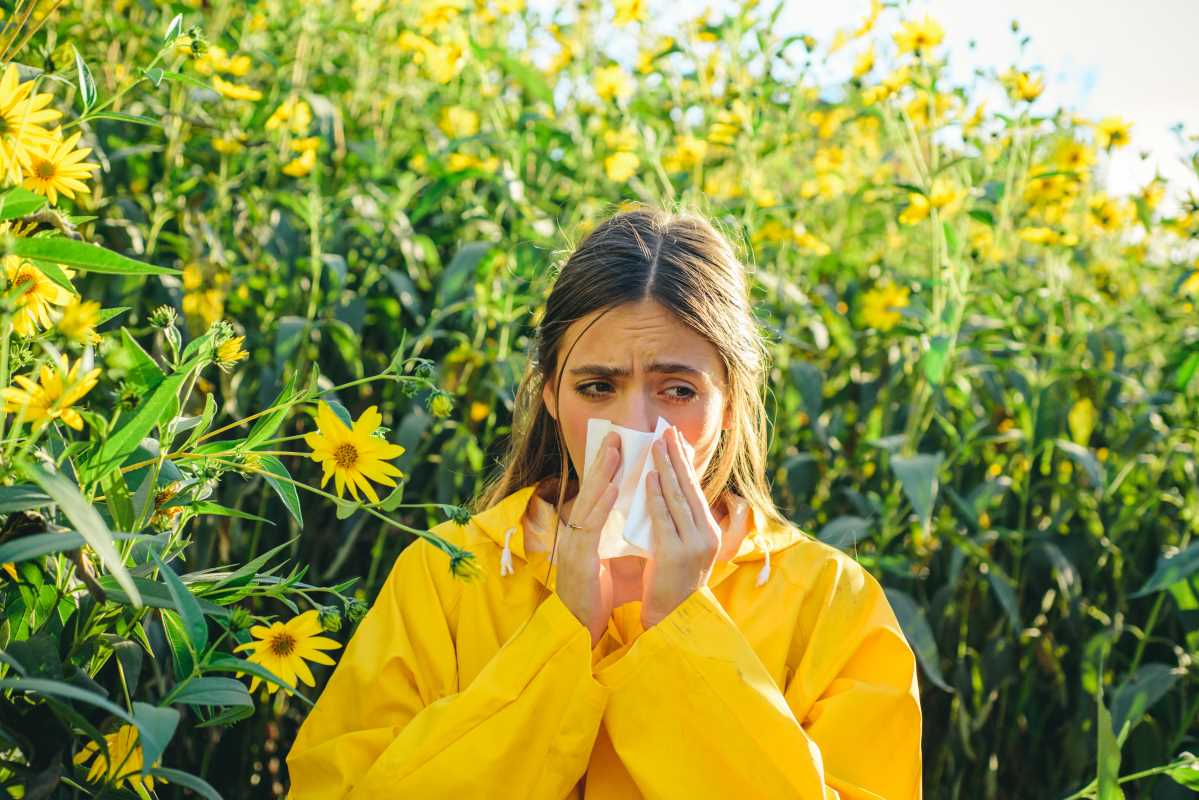The COVID-19 pandemic has continued to evolve in ways scientists and public health experts are working tirelessly to understand. One of the main concerns in recent times is the emergence of mutated variants of the SARS-CoV-2 virus, which has added complexity to controlling the pandemic. These mutations have sparked global concern due to their potential impact on transmission rates, vaccine efficacy, and public health systems. Understanding how these mutations occur and their implications is crucial in addressing this constantly shifting challenge.
How Do Mutations Occur?
Like all viruses, SARS-CoV-2 evolves over time through mutations. A mutation is a small alteration in the genetic makeup of the virus. These changes occur as the virus replicates, often as a result of copying errors in its RNA—its genetic code. While many mutations are minor and have no significant effect, others can alter the virus in ways that influence how it spreads, infects, or evades immune defenses.
Certain changes in the virus's spike protein, for example, are particularly concerning. The spike protein is what the virus uses to attach to and enter human cells, and it's also the main target for most vaccines. A mutation in this region can potentially affect how well the virus is recognized by antibodies or how easily it enters cells, which in turn can influence its transmissibility and resistance to existing treatments.
Why Are Mutated Variants a Growing Concern?
While mutations are a normal part of a virus's life cycle, some specific variants of SARS-CoV-2 have raised red flags due to their characteristics. Here are some of the key concerns surrounding these variants:
1. Increased Transmission Rates
Some variants, such as the Alpha, Delta, and Omicron variants, have shown increased transmissibility compared to the original virus. Faster-spreading variants can lead to surging case numbers in a shorter time, overwhelming healthcare systems and making it harder to control outbreaks.
2. Impact on Vaccine Efficacy
Vaccines have been one of the most effective tools in curbing COVID-19. However, certain mutations can partially evade the immune response triggered by vaccination. For example, variants with changes in their spike protein may reduce the body's ability to neutralize the virus. While most vaccines still provide strong protection against severe illness and death, the potential for reduced efficacy underscores the ongoing need for vaccine adaptations.
3. Prolonged Pandemic Measures
More transmissible or immune-evasive variants can make it harder to reach herd immunity and may require prolonged public health measures, such as mask mandates, testing, and quarantine rules. These sustained precautions come with social, economic, and mental health challenges.
4. Higher Risk of Severe Outcomes
Some variants may be associated with more severe cases or an increased risk of hospitalization. For example, research on certain strains has hinted at a link between mutations and enhanced viral load, which could make infections more severe.
The Role of Monitoring and Research
To combat the risks posed by new variants, ongoing monitoring and research are critical. Scientists around the world are using genomic sequencing to track how the virus is changing and to identify emerging strains of concern. National and international efforts, such as those spearheaded by the World Health Organization (WHO), aim to provide real-time data on mutations and their implications.
Research also extends to the development of next-generation vaccines that can address multiple variants. Many companies and researchers are already working on booster shots specifically designed to target new mutations. The goal is to stay one step ahead of the virus and maintain adequate protection for the global population.
Steps Being Taken to Address the Challenge
Governments, healthcare systems, and scientific communities are implementing several strategies to manage the risks associated with emerging variants:
- Expanding Vaccinations: Increasing vaccine access and coverage worldwide remains a top priority. Widespread immunization reduces the chances of uncontrolled spread, which in turn limits opportunities for new mutations.
- Boosters and Updates: Developing and distributing booster doses targeted at variants is critical to ensuring sustained protection.
- Public Health Measures: Even with vaccines, practices such as social distancing, mask-wearing, and hand hygiene remain vital, particularly in areas with rising cases.
- Enhanced Genomic Sequencing: Investing in robust surveillance systems helps detect and track variants, allowing countries to respond swiftly to emerging threats.
- Global Collaboration: Sharing scientific data and resources internationally ensures that no part of the world is left behind in combating the pandemic.
Balancing Concerns with Progress
While mutated COVID-19 variants present significant challenges, there is also cause for cautious optimism. Research continues to show that existing vaccines provide strong protection against severe outcomes. Public health measures, combined with a growing knowledge of the virus, have helped many countries manage its spread.
It’s important to stay informed and vigilant but not to lose hope. The global response to the pandemic demonstrates the incredible capacity of human innovation and teamwork. By continuing to follow safety protocols, getting vaccinated, and staying updated on new developments, we can contribute to moving past this critical chapter in public health.
Staying Safe and Prepared
The emergence of mutated variants serves as a reminder that the pandemic is not yet behind us. Nevertheless, with the combined efforts of scientists, healthcare professionals, and the public, we have many tools at our disposal in this collective fight against COVID-19 and its evolving variants.







